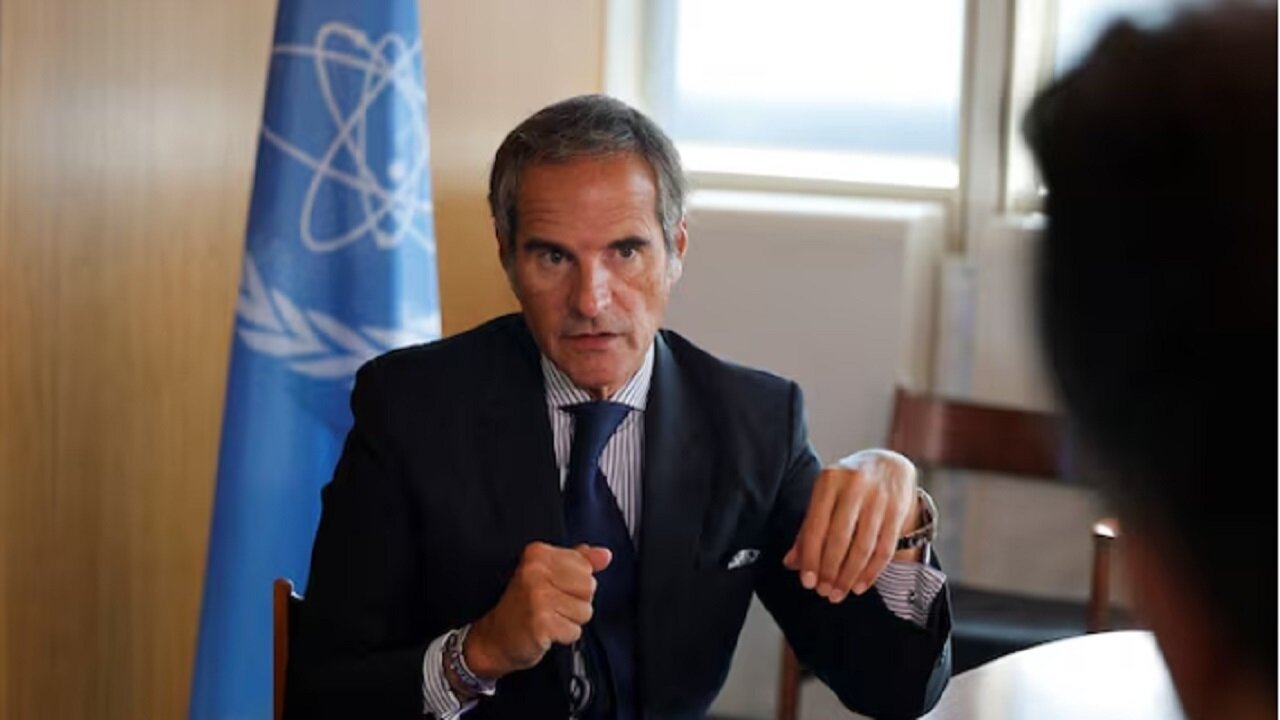No evidence of active uranium enrichment in Iran: IAEA chief

TEHRAN – The Director General of the International Atomic Energy Agency (IAEA), Rafael Mariano Grossi, has acknowledged that there is no indication Iran is actively enriching uranium at present, despite recent satellite observations showing alleged activity around some nuclear facilities.
In remarks made to the Associated Press on Wednesday at the United Nations headquarters in New York, Grossi stated that IAEA inspectors, who currently have no direct access to Iran’s nuclear sites, have not detected any acceleration in uranium enrichment beyond what Tehran had accumulated before the 12-day war with the Israeli regime in June.
“Nevertheless, the 60-percent enriched nuclear material remains in Iran,” Grossi said, emphasizing the need for inspectors to return to the country to verify the peaceful use of this material. “We must confirm that it remains in place and has not been diverted for any other purpose. This is very, very important,” he noted.
Grossi also said inspectors had observed some movements near sites where enriched uranium is stored. Due to limited access, he added, the Agency has been relying on satellite imagery, which offers only a partial understanding of developments.
The IAEA chief further made unsubstantiated claims that Iran’s current stockpiles could theoretically allow the country to produce nuclear weapons if it decided to do so — a claim Tehran has firmly rejected.
Iran has repeatedly stressed that its nuclear program is entirely peaceful and conducted under the supervision of the IAEA within the framework of the Non-Proliferation Treaty (NPT).
Last month, Iran and the IAEA signed an agreement in Cairo aimed at paving the way for renewed cooperation, including discussions on resuming inspections of Iran’s nuclear facilities. The accord has yet to be implemented.
The agreement followed Iran’s suspension of cooperation with the UN nuclear watchdog after the recent Israeli war, during which the United States targeted several Iranian nuclear facilities.
Grossi confirmed that IAEA inspectors have since returned to Iran and are currently operating inside the country.
In an unprovoked, brazen act of aggression on June 13, Israel targeted Iranian military commanders and nuclear scientists who had previously been placed on sanctions lists based on IAEA reports. Israel also killed civilians.
On June 22, the US military bombed Natanz, Fordow, and Isfahan nuclear sites in violation of the United Nations Charter, international law and the Nuclear Non-Proliferation Treaty (NPT).
IAEA Director General Rafael Grossi remained silent. He did not condemn the acts of aggression, drawing criticisms from Iranian officials.
Leave a Comment